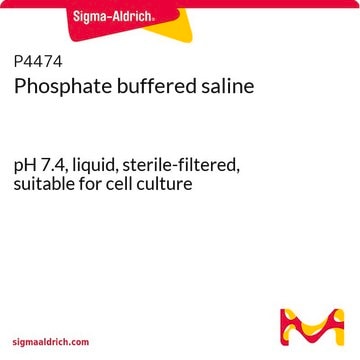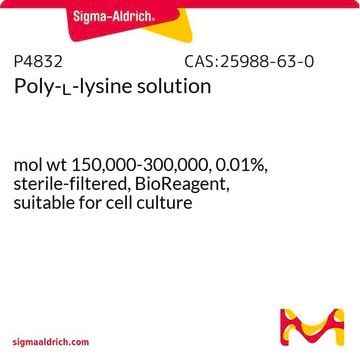Fontos dokumentumok
SML1781
PDD00017273
≥98% (HPLC), powder, poly(ADP-ribose) glycohydrolase inhibitor
Szinonimák:
1-[(1,3-Dimethyl-1H-pyrazol-5-yl)methyl]-1,2,3,4-tetrahydro-N-(1-methylcyclopropyl)-3-[(2-methyl-5-thiazolyl)methyl]-2,4-dioxo-6-quinazolinesulfonamide
About This Item
Javasolt termékek
product name
PDD00017273, ≥98% (HPLC)
Minőségi szint
Teszt
≥98% (HPLC)
form
powder
szín
white to beige
oldhatóság
DMSO: 10 mg/mL, clear
tárolási hőmérséklet
2-8°C
Biokémiai/fiziológiai hatások
Tárolási osztály kódja
11 - Combustible Solids
WGK
WGK 3
Lobbanási pont (F)
Not applicable
Lobbanási pont (C)
Not applicable
Analitikai tanúsítványok (COA)
Analitikai tanúsítványok (COA) keresése a termék sarzs-/tételszámának megadásával. A sarzs- és tételszámok a termék címkéjén találhatók, a „Lot” vagy „Batch” szavak után.
Már rendelkezik ezzel a termékkel?
Az Ön által nemrégiben megvásárolt termékekre vonatkozó dokumentumokat a Dokumentumtárban találja.
Tudóscsoportunk valamennyi kutatási területen rendelkezik tapasztalattal, beleértve az élettudományt, az anyagtudományt, a kémiai szintézist, a kromatográfiát, az analitikát és még sok más területet.
Lépjen kapcsolatba a szaktanácsadással






